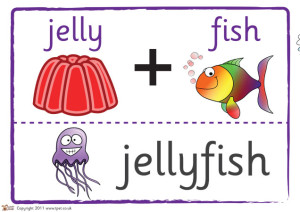The pundits within us tend to think that spelling has, wholesale, gone down the toilet. Especially on the Internet, nobody can seem to spell correctly. But is that really the case? Let’s not be so dramatic.
Mark Sebba has pointed out a distinction between regulated and unregulated communication spaces, and this continuum is useful for determining the extent to which orthography tends to be flouted in the real world. At one pole, we have printed books, which are heavily edited, in terms of both style and subject matter. At the other end are the completely unregulated spaces, of which graffiti is the most representative. As you can imagine, online social networks tend to fall toward the unregulated end of the spectrum (though we could argue that a service like Twitter is less regulated than Facebook, and that both are much less regulated than LinkedIn).
I think it’s important to point out that the level of regularity of each of these spaces fluxes with each individual interaction. For example, I don’t tweet to strangers in the same way I tweet to friends, and I might take neographic shortcuts in an email to a family member that I wouldn’t to a professor. As we can see, communicative spaces are regulated in terms of social norms and expectations just as much as they are by the characteristics inherent in the platform, such as its history and brand.
So, if you only hang out on Yahoo! Answers, you may well come to the conclusion that the spelling you learned in grade school is dead. But crack open a book every once in a while, and you’ll be able to appreciate that that isn’t the case.
